One of the inventions of “smart” gardening is coated grass seeds. The manufacturing companies claim that the coating triggers germination faster than natural time. But is grass seed toxic to humans and animals? This is one of the most asked questions.
The short answer is no. Coated grass seeds are not toxic to humans and birds. However, you can expect some digestive issues to emerge. The pets such as dogs, cats, and rabbits should not eat the seeds.
Read further to learn about what are the coatings made of, the difference between coated and uncoated seeds, and what to do in case a pet eats a seed.
Contents
Grass Seed Coating Explained!
Coated grass seed is a clay-based protective covering aimed to keep the seed wet throughout the germination process.
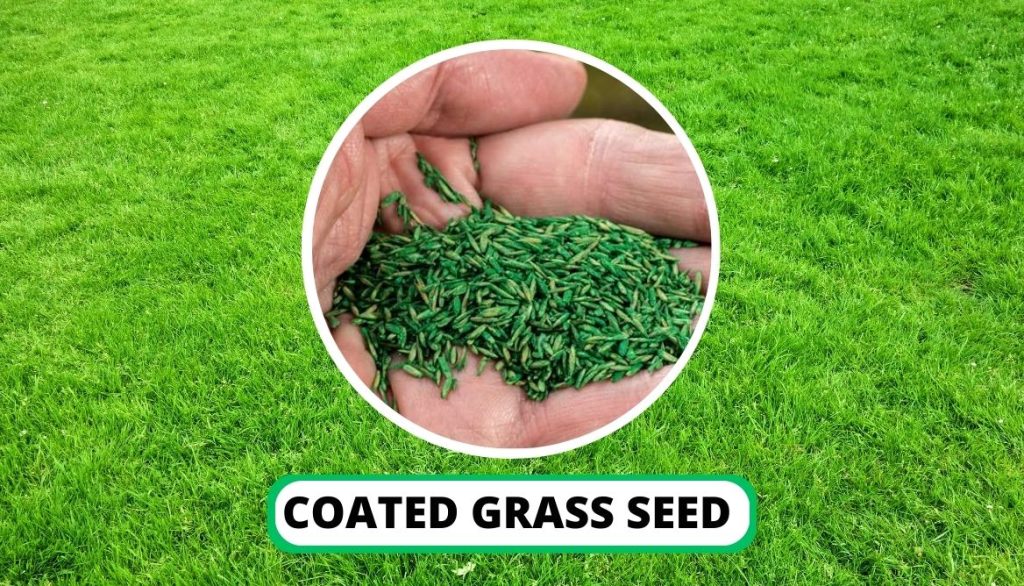
- This prevents the seed from drying and frequent watering is not needed.
- The coating often has a blue or green vibrant color so the users can identify how much the seed they are putting in.
- Several manufacturers treat the clay layer with a fertilizer, fungicide, or pesticide to nourish and protect the newly growing plants.
- Do note that coating acquires weight and space. That is ignorable but if you have a massive lawn you will need to purchase much more bags of coated grass seed as compared to uncoated ones.
- Check the coverage ratio printed on the packaging of the seeds. Deduct the ratio with the whole packet weight to know the actual quantity of the seeds.
How Coated and Uncoated Grass Seeds Differ From Eachother
The coated grass seeds have advantages but they also come with flaws. Let’s compare them with the uncoated grass seed to determine if they are worth it or not.
- Color: Since the coated grass seeds have dyed covered, they are blue or green in color.
- Seeds per Bag: The coated grass seeds packets have fewer amount seeds than an uncoated one as the coating itself take occupies a lot of the bag weight.
- Fertilizer: The coated grass seeds have a small amount of fertilizer laced on them too which helps catalyze the germination.
- Moisture Retention: The grass seed coating is engineered to keep the grass seed moist whereas the uncoated seed does not have that advantage.
- Quality Assurance: you can examine the health and quality of uncoated seeds. The coated grass seed on the other hand you can not know.
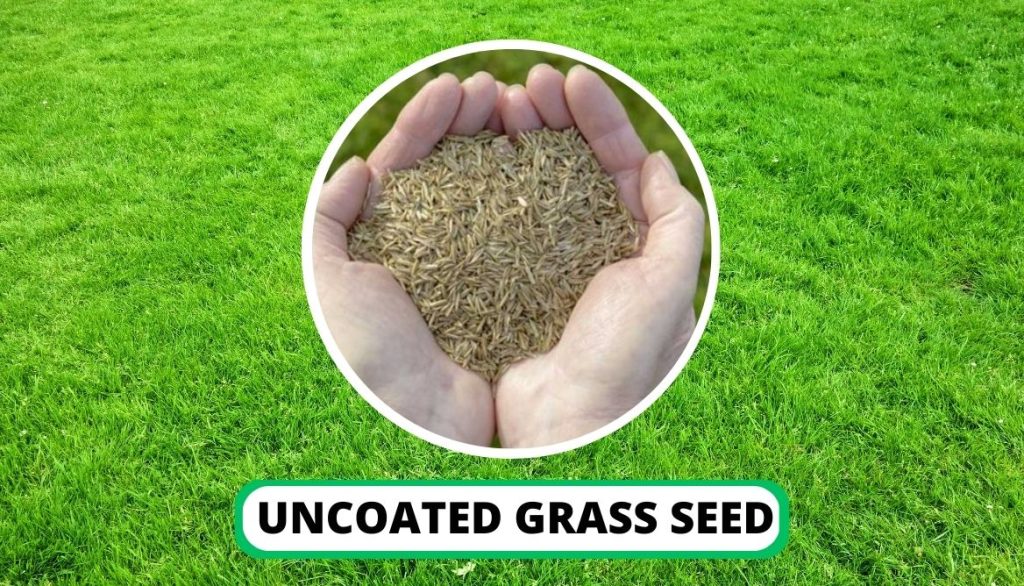
Aside from the above differences, let’s deep dive further and compare the two side by side on more terms. Here they are:
| Term | Coated Grass Seeds | Uncoated Grass Seeds |
|---|---|---|
| Hydrophobicity | Less | Comparatively More |
| Hydrophilicity | More | Less |
| Fascinating to Birds | Does Not Catch their Eye Much | Catches their Eye |
| Uptake of Nitrogen | Efficient | Comparatively Inefficient |
| Grass Growth | Faster Growth | Comparatively Slower Growth |
| Surface Retention Capability | High | Low |
Coated Grass Seeds: Toxicity Explained For Species
The coated grass seeds are not severely dangerous to birds or us. Having said that, you should not let the kids near them or eat them yourself. If eaten the coated grass seeds can upset the digestive system.
The penkoted grass seed toxic nature can affect some animals. Let’s specifically see what effects can it do on various species.
Birds
They are not poisonous to birds. In fact, the grass seed coating keeps the birds away. The color and taste are unattractive to them hence the garden ends up safer because they do not eat the coated seeds.
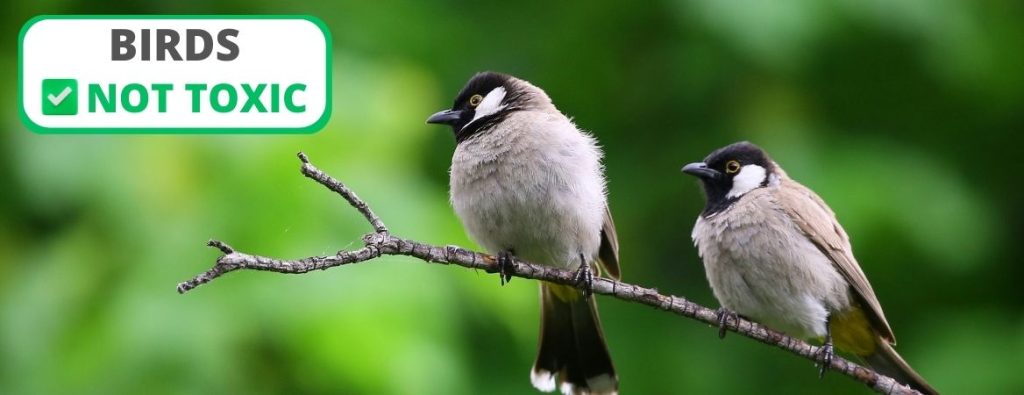
Humans
Coated grass seeds are not toxic to people but please refrain from eating them. It is not food. You can risk damaging the digestive system in a few ways such as vomiting, gastrointestinal issues, and problems with feces.
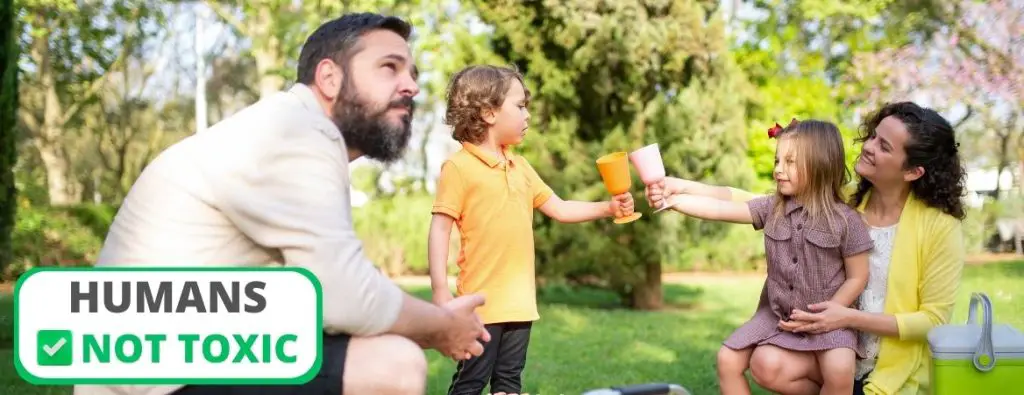
Mice
Penkoted grass seeds are hazardous to mice to the point that they can cause liver damage. The chemicals used in penkoted grass seeds include Apron and Mefenoxam. The manufacturers, Pennington have revealed that there are more chemicals that can potentially kill the mice in it.
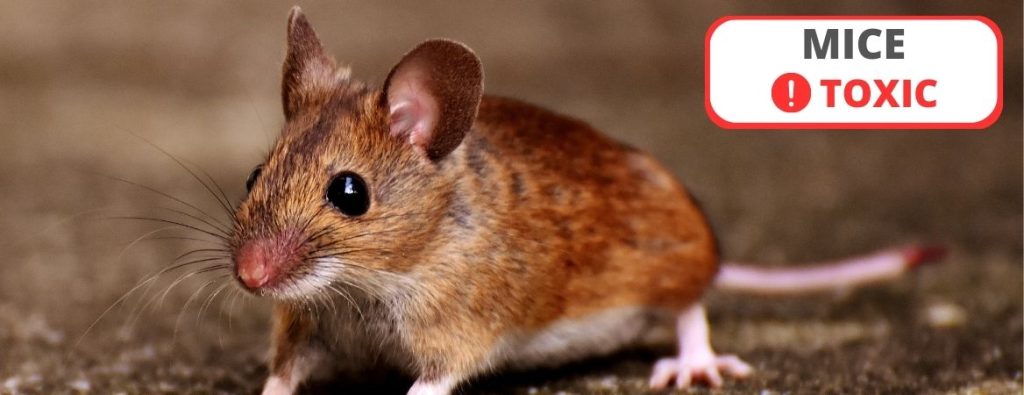
Cats
Penkoted grass seed toxic nature is due to the chemicals, namely Apron, Plavitex acid, and Mefenoxam. This way you need to make sure your cat does not eat any seed. These are highly toxic for cats and you should keep your cats away from them.
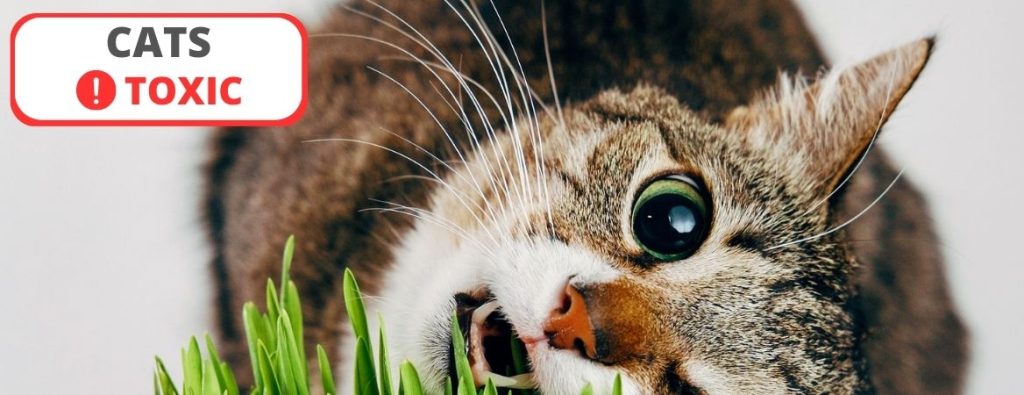
Rabbits
Similar to the effects of a dog eating grass seed, rabbits can be affected by the toxic substances of Pennington’s grass seed as well. If you have rabbits running around your lawn refrain from buying coated grass seeds.
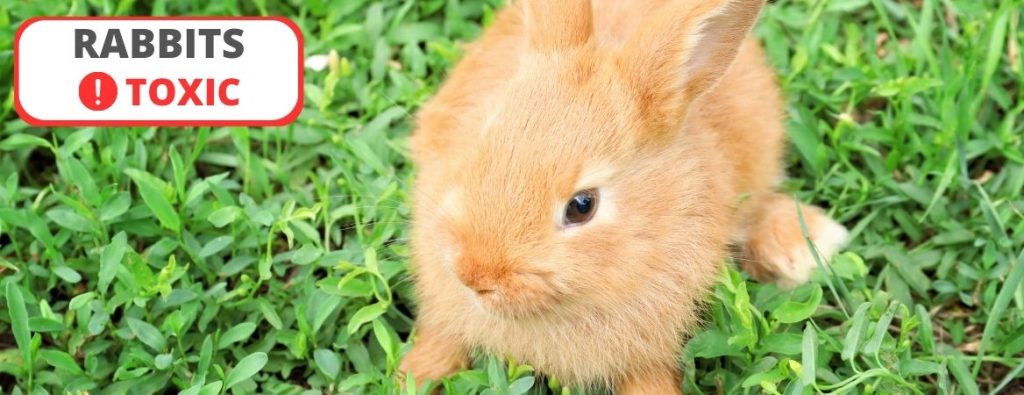
Dogs
Naturally like cats, it will be troubling if your dog eats grass seed. If the seeds are made by Pennington you have to make sure your dog does not, at any time, eat one. If the dog ends up eating a seed, follow these instructions:
- You should read the label of the seeds immediately and verify with a vet to check for harmful ingredients.
- That’s because the dogs are vulnerable to the toxic low-grade chemicals substances Plavitex acid and Mefenoxam.
- The consequences could include allergies and falling sick as they can only take 7.25 milligrams per kilogram of their weight.
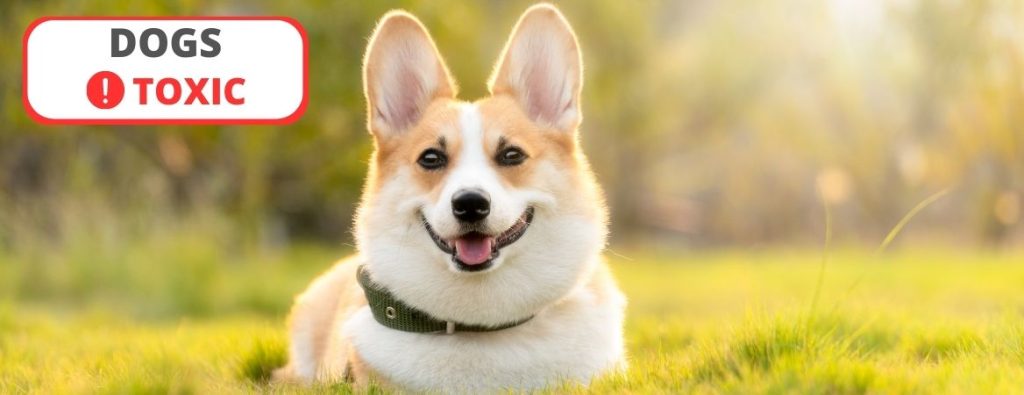
Keeping Domestic Animals Such as Dogs and Cats Off Grass Seed And Fertilizer
If your yard is growing grass you must have treated it with fertilizer to trigger germination and faster growth. The seed coating and fertilizers contain chemicals that your dog should not be exposed to.
- Keep your pet away from the new grass turf for at least ten days.
- Best to wait for at least a month.
The reason is that most of the substance would already be absorbed by the grass. Your dogs’ paws can dig into the soil. If the grass seed penetrates the skin it can inject toxins into the body.
If the dog eats grass seed while on the turf, you will have to deal with your pet’s health issues.
The Common Components in Grass Seed Coatings
Grass seed coating is made up of various substances. The coating includes:
- Pesticides.
- Lime-coating.
- Fungicide.
- A Mix of Nutrients.
- Rhizobium-peat mixture.
Rhizobium is excellent for inoculation and growth of the plant. The purpose of other ingredients is to help fertilize and nourish the seed and help it form a healthy plant. The coating material used, which is mostly lime holds everything together and retains moisture.
However, some pesticides and fungicides could be harmful to pets and humans. If sharp seeds pierce into the skin they can inject dangerous bacteria that were stuck on the seed from the ground.
FAQ
Is it safe to eat grass seed?
It is safe to eat certain grass seeds such as wheat and slough however do not eat coated grass seeds as they can cause digestive issues.
What happens if you inhale a grass seed?
If you inhale a grass seed it can result in intense irritation, and pain and if it goes too deep it can enter the nasal cavity which can cause nasal discharge and tissue damage.
Is coated grass seed toxic?
Coated grass seeds are not toxic to us and birds however one should not eat them. These should be especially not consumed by cats, dogs, and mice.
Can you get sick from grass seed?
You can get sick grass seeds. It can cause irritation and several digestive issues.
How long does grass seed stay active?
Grass seeds can stay active anywhere from two to ten years although the 10% germination rate of this drop every year.
Conclusion
We can conclude that the best practice is to stay away from grass seeds. It can cause several gastrointestinal issues if consumed by a human. It can be far more toxic to dogs, cats, and mice. The birds are not curious to eat it.
We would love to hear from you! Let us know if you are opting for coated grass seeds or using non-coated ones and why?
- How to Get Potatoes to Sprout Eyes: Detailed Growing Guide with 3 Options - July 31, 2023
- Weight of a Medium Potato: Revealed in Detailed Guide - July 29, 2023
- Maris Piper Potatoes: 9 Substitutes You Should Know About - July 27, 2023
Hello! I’m Jessica Zander, a garden coach and consultant based in the Boston area (zone 6b), offering virtual consultations across the country and Canada.
I’ve been passionate about gardening since the early 1990s, and in 2022, I launched You Can Do It Gardening to empower individuals to feel more confident in their gardening endeavors.
Following a 30-year career in nonprofit finance and operations, I transitioned out of that field in mid-June of 2023 due to the growing demand for coaching services. Interestingly, my years of presenting financial statements to boards and finance committees proved to be valuable experience for teaching people about gardening! I enjoy sharing skills, providing guidance and suggestions, and collaborating efficiently with clients to make significant improvements to their outdoor spaces, both small and large. I also regularly teach at the Arlington Continuing Education and Cambridge Adult Education.
My approach is direct and practical, akin to Mary Poppins, but tailored to your garden. Clients find satisfaction in saving money and taking pride in their own gardening achievements.

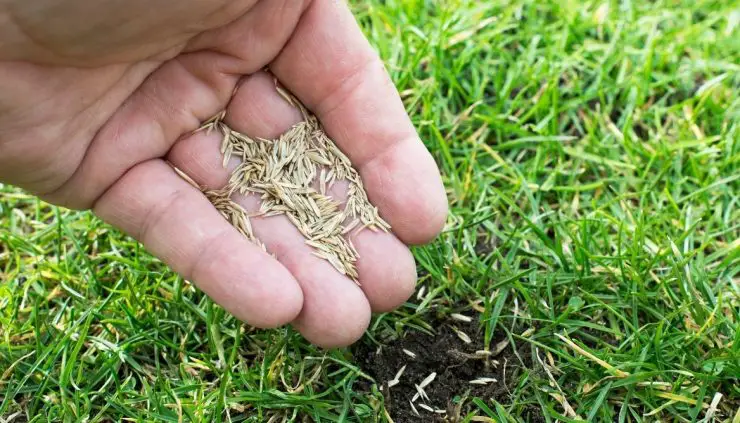
Add comment